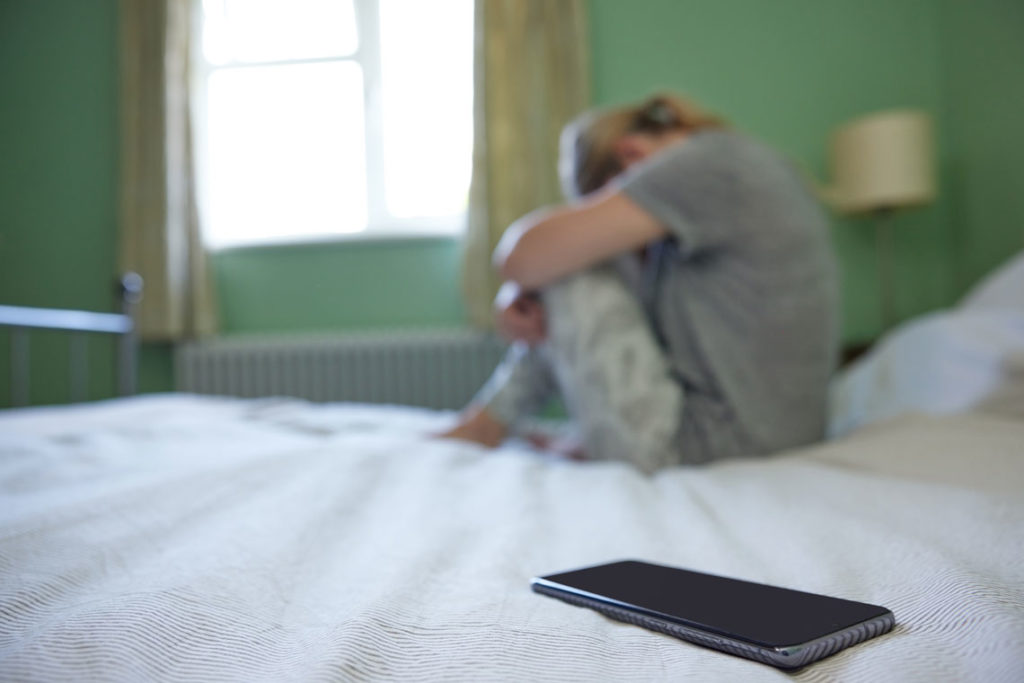
The ISPCC is proud to be a member of the GroSafe
research team led by TU Dublin and funded under Science Foundation Ireland’s
National Challenge Fund – OurTech. The aim of the GroSafe team is to develop a
technology-enabled solution designed to build societal resilience against child
grooming.
Grooming refers to someone building a relationship with a child or young person in order to manipulate, exploit and/or abuse them. It can happen both in person and online. Incidences of children and young people being targeted often go unreported and, consequently, we don’t fully understand the extent of the problem and how these acts are committed.
A
further consequence of this lack of understanding is whether the supports and
systems in place are equitable in helping people to report such crimes against
children.
The development of GroSafe will help to
overcome the existing obstacles to increase reporting rates in our communities.
This will enable the more effective allocation of resources and ultimately
reduce harm to one of society’s most vulnerable populations.
Parents and caregivers want to keep their children
safe but, unfortunately, it’s not possible to keep an eye on a child 24 hours a
day and it’s even more challenging when they go online.
Some indications of children and young people being
groomed include becoming secretive about how they are spending their time both
online and offline, having gifts that they can’t or refuse to account for and demonstrating
sexualised behaviour, language or an understanding of sex that isn’t
age-appropriate.
Products and services built on end-to-end
encryption can adversely affect the detection of such behaviour. This means
that it’s crucial for children, young people and their families to be empowered
to identify these harmful activities and to report such crimes.
Fiona Jennings, ISPCC Head of Policy and Public
Affairs, said: “The grooming of children for nefarious means is a complex issue
and can have devasting consequences for all involved. Awareness is crucial as
often victims and their families don’t recognise when they are being groomed.
“The GroSafe team proposes to develop a
technology-enabled solution that increases this awareness and signposts to the
appropriate supports, including reporting.
“The use of technology is ubiquitous among children
and young people today. Therefore, it is important that we leverage this usage and
develop an appropriate solution in this environment. This invaluable
information will then help us to inform children, young people, their parents
or carers about emerging and evolving threats and to inform and improve our
policy responses.”
The collaborative research team comprises
TU Dublin researchers and the ISPCC as societal impact champions.
It is imperative that we all work
together to ensure children and young people are safe and protected, however we know from those who contact Childline
that this is not always the case.
